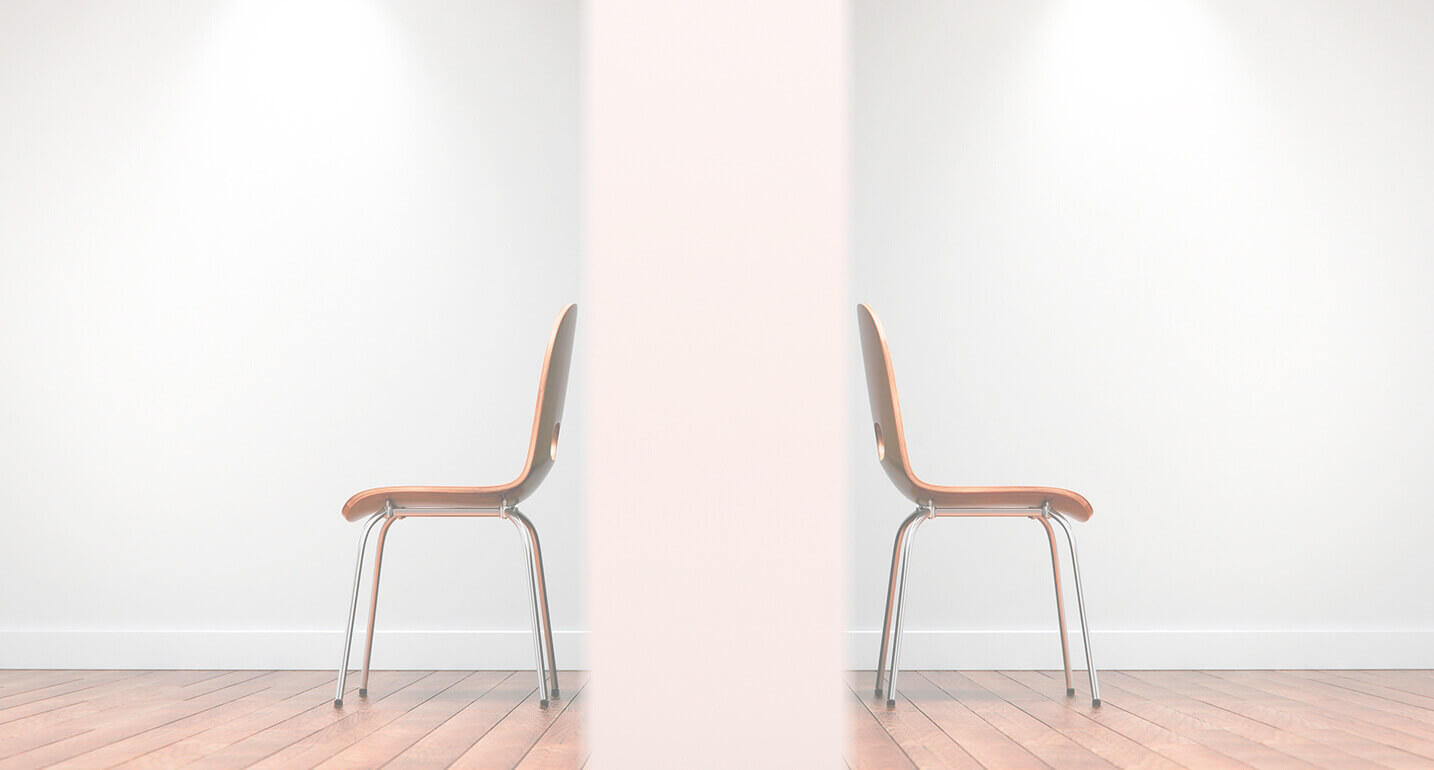Can I Use Recordings Of My Children As Evidence In My Family Law Case?
In high conflict parenting cases, there is sometimes the temptation to include video or audio recordings of the children or exchanges with the other parent. It’s understandable why someone might want to do this whether it’s to protect themselves, collect evidence or prove a point.
Usually when people hear about the admissibility of secret (surreptitious) recordings, it is in the context of criminal law. There are protections against the police using wiretaps or other techniques that invade a person’s reasonable expectation of privacy.
However, in family cases, which are civil proceedings rather than criminal proceedings, there are different considerations for admissibility of secret recordings.
Table of Contents
What does the court consider before admitting a secret recording?
Parents will often ask us if recordings can be used in court, in other words are the recordings admissible as evidence?
The overall concern is the best interest of the child, so any evidence that goes to the best interests of the children is generally considered by the court.
There are four factors to consider admitting secret recording in family law cases:
Is the information relevant?
Relevance refers to whether the evidence can be used to prove or disprove an element of the case. For example, if one parent is trying to prove that the other parent yells at the children, a recoding of that parenting yelling at the children would be relevant.
Are the identities of the parties recorded known?
For recordings to be admissible, the identity of the people on the recording must be established.
Is the recording trustworthy?
The recoding itself must be trustworthy, in the sense that it has not been altered or manipulated.
Does the evidence outweigh the prejudicial effect?
The evidence (or probative value in lawyer speak) refers to evidence that is useful in proving something, while prejudicial refers to evidence that could wrongly influence the courts.
To take the example of a recording of one parent yelling at their child, the evidence could be prejudicial because it makes the parent look bad in that one instance and might lack probative value as it does not help the court determine the overall issue of what parenting arrangements are in the best interest of the child.
Once the judge decides to admit the recording, the judge then decides how much weight to give the evidence. Weight refers to how much importance the judge gives the evidence, or how much the court relies on the evidence.
Generally speaking, courts are willing to admit secret recordings in family law case, but give the evidence very little weight.
Why are secret recordings in family law proceedings discouraged?
As stated by Justice Ball in K.W.K. v. V.L.C. 2022 BCSC 1321:
Surreptitious recordings in family proceedings reduce trust, diminish the ability of parties to work together, increase conflict and thwart the restructuring of family relationships. Such results are not in the best interests of children and would not advance the positive objectives of family law.
Almost without exception, in every case where a parent makes surreptitious recording of the other parent or children to use as evidence in trial, the court rules against the parent that submits that evidence on parenting issues.
There are also cases where parents record their children in order to elicit their views on parenting arrangements, their views of the other parent, or regarding a specific incident. These recordings are also usually admitted into evidence, but are discouraged and often result in the court ruling against the parent who made the recording.
What are the best interests of the children in a high conflict family law matter?
It is never in the best interest of the child to increase conflict between the parents, or involve the children directly in litigation. When parents become too focused on “winning” the litigation, then can lose sight of the best interests of the children, which undermines their position.
The court does have to consider the views of the child when appropriate, but those views must be assessed properly as to ensure there is no influence from the parents, usually by way of a views of the child report, of a full section 211 report, which includes the views of the child and a parenting capacity assessment.
We understand the temptation to make secret recordings of your children or partner. Whether it is to obtain evidence, prove your point or protect yourself. However creating a secret recording can often backfire. It’s best to talk to a professional before you think about going this route.
If you’re dealing with a high conflict family law case you need lawyers who have the experience necessary to guide you in the right direction. Contact our family law lawyers at 604-974-9529 or click here for an initial consultation to learn more about the process and your rights.

